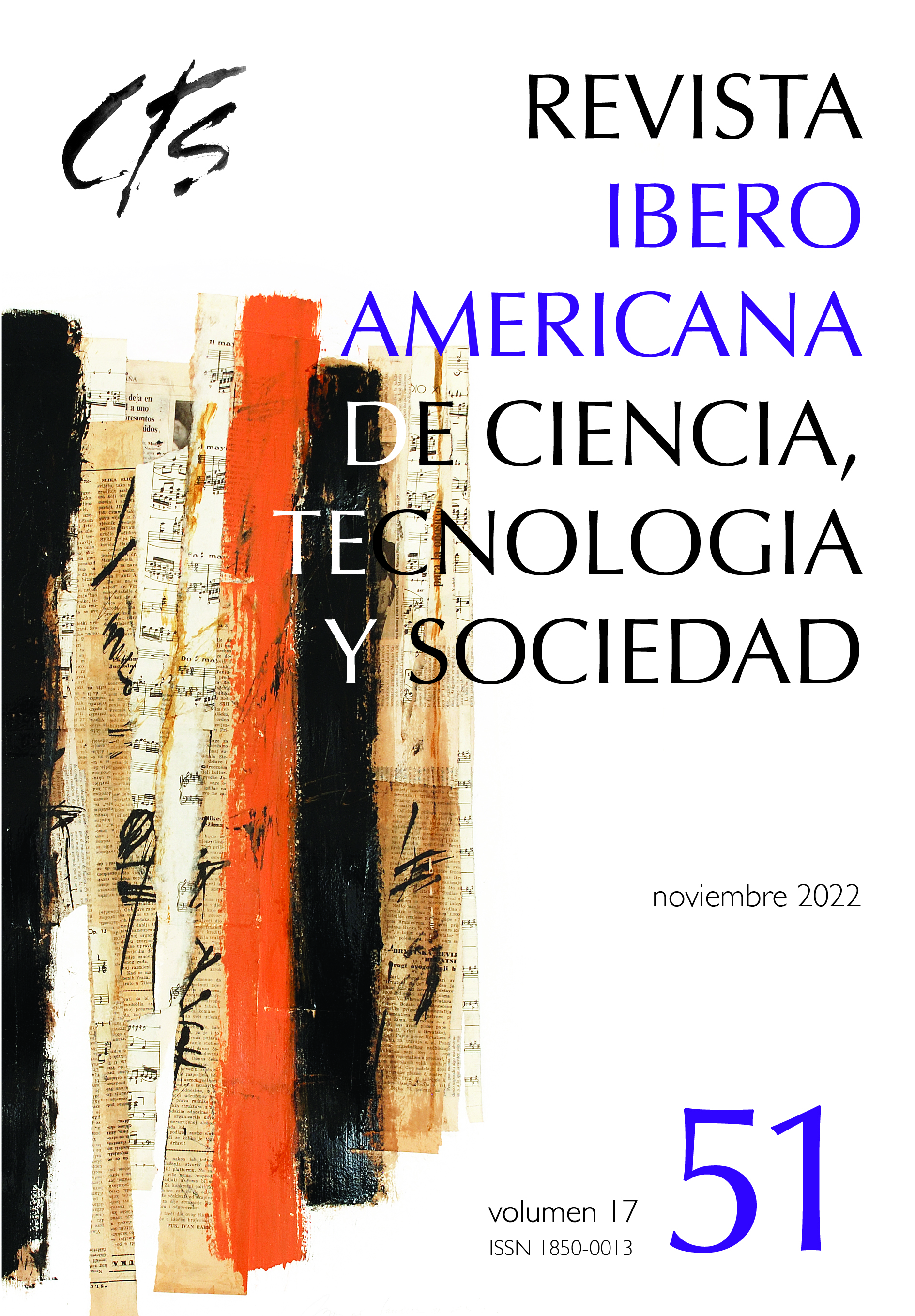The Role of STS Research Projects in the Design of a New Model of Science Curriculum in Panama
Keywords:
research projects, science curriculum, primary education, STS approachAbstract
In this article, research projects with a STS approach are considered a key element in a science curriculum based on learning progressions and oriented to the development of scientific practices. The article examines the design of STS research projects developed in primary education classrooms in different provinces of Panama, within the framework of a teacher training program directed by the National Secretariat of Science, Technology, and Innovation (SENACYT, due to its initials in Spanish). This program aims at designing a new science curriculum based on learning progressions and scientific practices. The research objectives that guide this article are: i) analyzing the social dimension of STS projects elaborated by primary school teachers and facilitators in diverse Panama schools; and ii) examining the difficulties and potentialities perceived by primary school teachers and facilitators in the development of projects. The methodology used was qualitative and required the analysis of nine projects designed and in process of implementation, as well as a deductive analysis of the responses given by facilitators to an open-ended online questionnaire regarding the process of design and implementation of the projects. The analysis shows that all the projects address the social component, although they differ in the level of controversy and the values that they mobilize. The benefits perceived by the participants in the design and development of projects are high, remarking learning science in context, students’ motivation, and social inclusion. The difficulties perceived are, in general, the time and the training needed to make these projects work.
Downloads
Downloads
Published
How to Cite
Issue
Section
License
Copyright (c) 2022 CC Attribution 4.0

This work is licensed under a Creative Commons Attribution 4.0 International License.
All CTS's issues and academic articles are under a CC-BY license.
Since 2007, CTS has provided open and free access to all its contents, including the complete archive of its quarterly edition and the different products presented in its electronic platform. This decision is based on the belief that offering free access to published materials helps to build a greater and better exchange of knowledge.
In turn, for the quarterly edition, CTS allows institutional and thematic repositories, as well as personal web pages, to self-archive articles in their post-print or editorial version, immediately after the publication of the final version of each issue and under the condition that a link to the original source will be incorporated into the self-archive.











